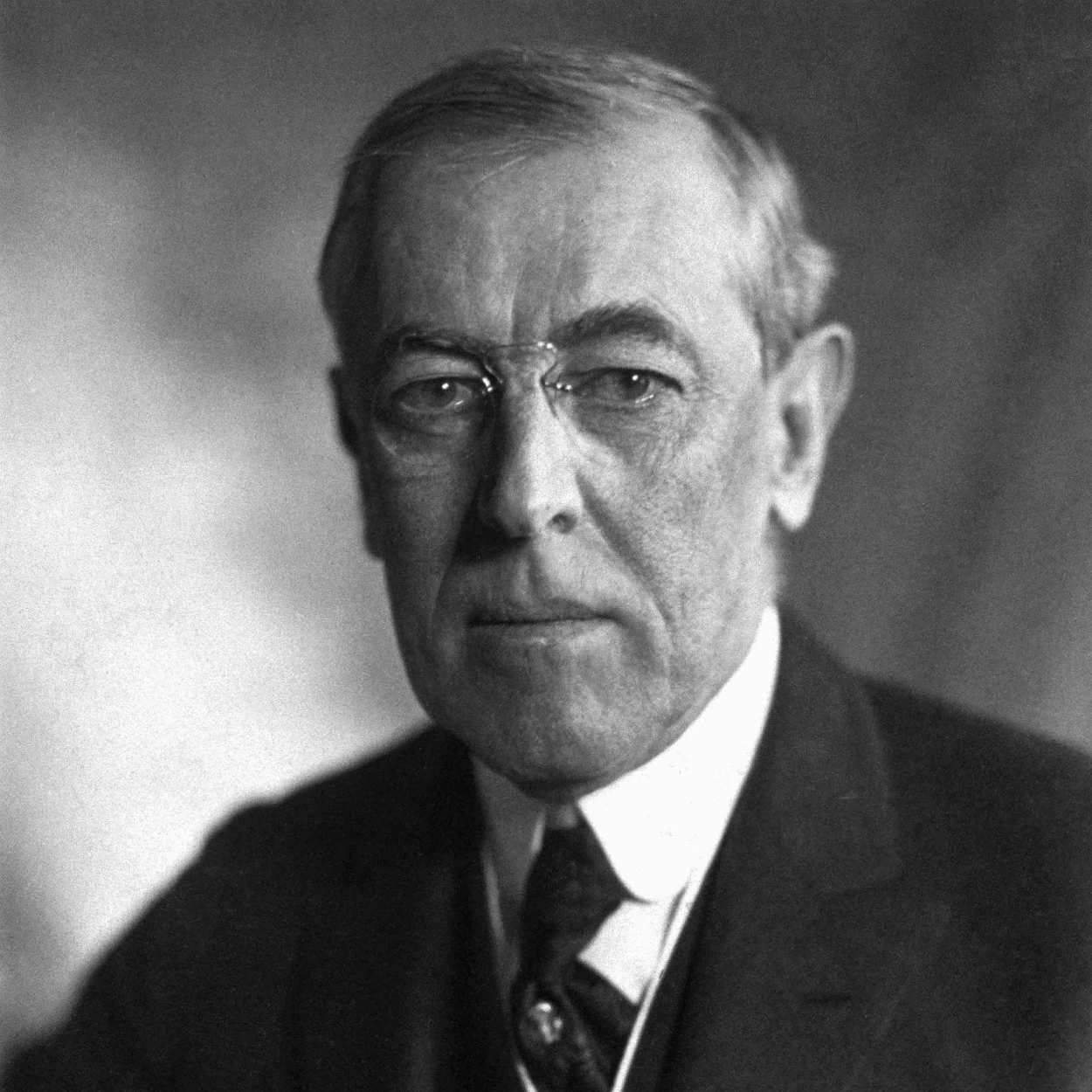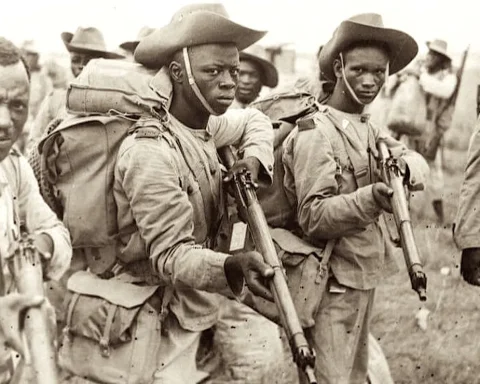 Thomas Woodrow Wilson was born in Virginia in 1856 to a family of Scots-Irish and Scottish descent in Staunton, Virginia. He was the first son and third of four children to Reverend Joseph Ruggles Wilson and Jessie Janet Woodrow. His grandfather James Wilson was famous for owning a pro-tariff and anti-slavery newspaper, The Western Herald and Gazette.
Thomas Woodrow Wilson was born in Virginia in 1856 to a family of Scots-Irish and Scottish descent in Staunton, Virginia. He was the first son and third of four children to Reverend Joseph Ruggles Wilson and Jessie Janet Woodrow. His grandfather James Wilson was famous for owning a pro-tariff and anti-slavery newspaper, The Western Herald and Gazette.
Wilson spent the earlier years of his life growing up in the American south during the civil war, spending most of his years in Georgia during the Reconstruction. As it would be, Wilson could not read until he was about ten years and could not read rapidly because of his dyslexic state.
Wilson’s love for politics and literature saw him attending Davidson College, North Carolina, for only a year before he enrolled at Princeton University in 1875. While at Princeton, Wilson performed exceptionally well, engaged in debates, and published a learned essay comparing the American government system to the British Parliamentary system. He explained this essay in his first book and applied it to his political career.
After graduating from Princeton and the University of Virginia Law school, Woodrow Wilson earned his doctorate at John Hopkins University.
In 1885 Woodrow got married to Ellen Louise Axson, the daughter of the Presbyterian minister from Rome. After this, he began his career teaching history and political science at Bryn Mawr College in 1885 and moved to Wesleyan University in Connecticut in 1888.
SEE ALSO: The Speech Where Adolf Hitler Declared War On The USA, 1941
Two years later, he went to Princeton; hand were at Princeton, he was the most popular and highest-paid faculty member. In 1902 Woodrow was chosen to become the president of Princeton. As the president, he developed the school financially and intellectually and attempted far-reaching reforms to undergraduate and graduate education. Although several of his policies were adopted, some forms for restructuring and democratizing the university were not properly in line and received opposition from faculty conservatives and wealthy alumni. This forced him to abandon several of his critical plans for Princeton.
As president of Princeton, Wilson had built a wide reputation; this captured the attention of the conservative kingmakers in the Democratic party and, in 1910, offered him the governorship ticket for New Jersey.
Meanwhile, Wilson’s publicity as Princeton’s president attracted the attention of conservative kingmakers in the Democratic Party, who offered him the 1910 nomination for governor of New Jersey, which he was on and went on to resign from Princeton.
In office, Wilson put in his earlier works, essays, and ideas on parliamentary practices to work in implementing a comprehensive reform program. This gave him nationwide popularity and reputation. He went on to contest for the Democratic Presidential ticket.
SEE ALSO: The Speech Where Adolf Hitler Declared War On The USA, 1941
Wilson won the election over the current Republican William Howard Taft and third-party nominee Theodore Roosevelt and went on to win the 1912 United States presidential election and was the first southerner to emerge as a president since 1848.
During his first tenure, Wilson made the Revenue act of 1913 a significant concern, which lowered tariffs and began the modern income tax; he also worked out the passage of the Federal Reserve Act, which created the Federal Reserve System. Two significant laws, the Federal Trade Commission Act and the Clayton Antitrust Act, were made to promote business competition and combat extreme corporate power.
Wilson declared neutrality of the United States during the start of world war 1 in 1914 as Wilson aimed to bring about peace amongst the Allied and central powers, and in 1916, he managed to win re-election by a margin.
Wilson asked Congress for the announcement of war on Germany in April 1917; he did this in response to its policy of unrestricted submarine warfare, which sank some American trade ships. He lightly organized the wartime assembling and left the military matters to the generals in charge.
However, Wilson focused on diplomacy, issuing the Fourteen Points that the Allies and Germany accepted as a background for post-war peace. Wilson wanted the off-year election of 1918 to be a referendum endorsing his policies; however, the Republicans took control of the Congress, and Wilson went to Paris after an allied victory in November 1918.
In Paris, Wilson, the British and French leaders were in control of the Paris peace conference.
Wilson also successfully championed the establishment of a multinational organization, the League of Nations. He signed it in the Treaty of Versailles; he also declined to bring any top Republican official into the Paris talks. Returning, he also turned down a Republican deal that would have permitted the senate to consent to the Versailles Treaty and join the League.









